Nerve Damage After Wisdom Tooth Extraction
- Nerve damage is uncommon but possible during wisdom tooth removal. While the risk is low, it’s important to be aware that nerves near the extraction site can sometimes be affected during surgery.
- Most cases of nerve injury are temporary and heal on their own. In the majority of situations, sensation gradually returns as the nerve repairs itself over time, often without the need for further treatment.
- Watch for warning signs of nerve damage after wisdom tooth extraction, such as numbness, tingling, or unusual sensations. Persistent changes in how your lips, chin, or tongue feel may point to nerve involvement and should be taken seriously.
- Experienced surgeons and advanced imaging greatly reduce risks. Choosing a skilled oral surgeon who uses advanced technology makes complications like nerve damage far less likely.
- Early evaluation and proper follow-up care support the best recovery. Noticing symptoms early and staying in touch with your dentist or surgeon can make a big difference in ensuring your healing stays on track.
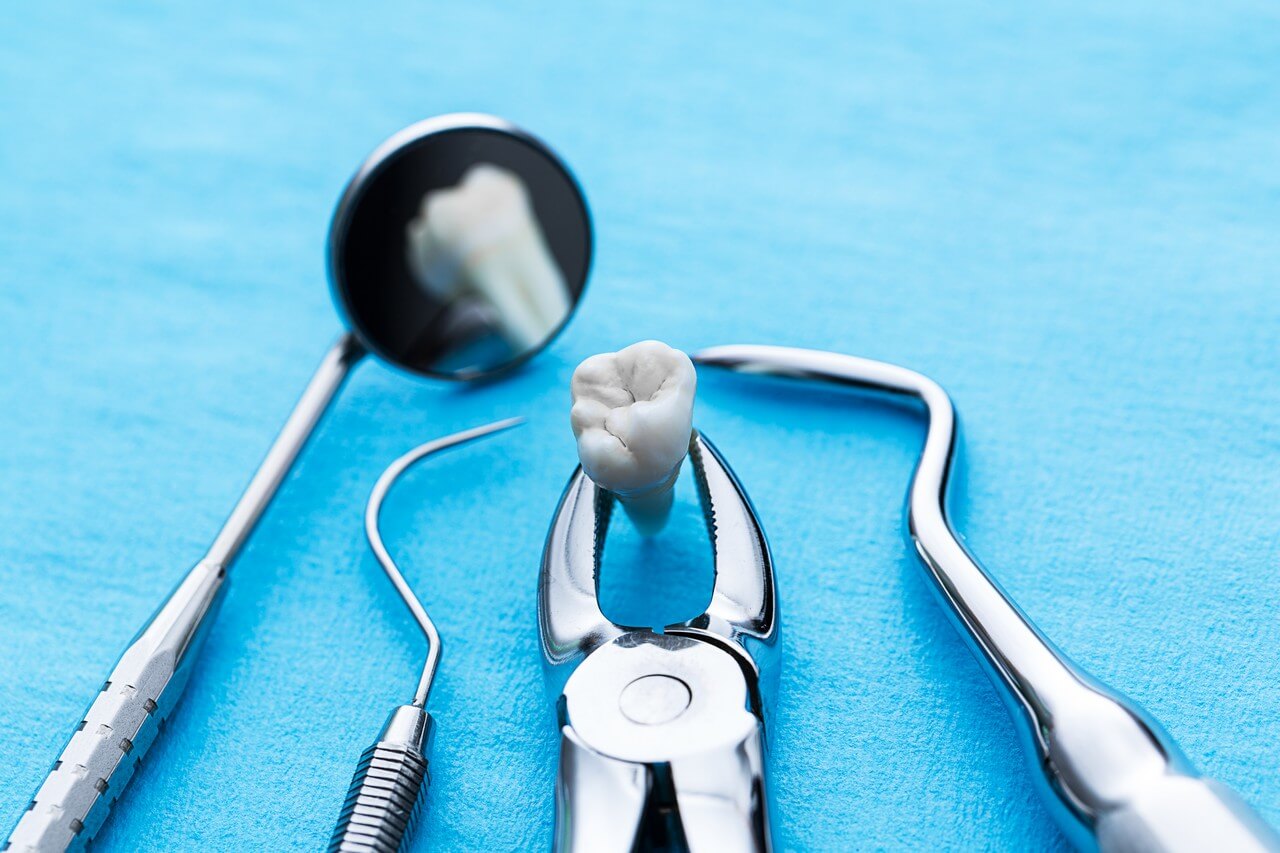
Impacted wisdom tooth removal is a routine dental procedure performed to alleviate pain, prevent complications, and improve overall health. While the majority of patients experience a smooth recovery, some individuals may encounter an unexpected complication. For many, what counts as complication in oral surgery is not always clear, and nerve issues are among the most concerning. The proximity of third molars to crucial nerves in the jaw increases the risk of injury during extraction, leading to sensory disturbances in the lips, tongue, or cheeks.
This phenomenon, though uncommon, can pose challenges for patients, affecting their daily activities. When you reach out to your dedicated dental specialist in Escondido, be it for impacted wisdom teeth removal or another situation that requires extraction of third molars, understanding the causes, symptoms, and potential interventions for nerve damage post-extraction is essential in navigating this aspect of recovery.
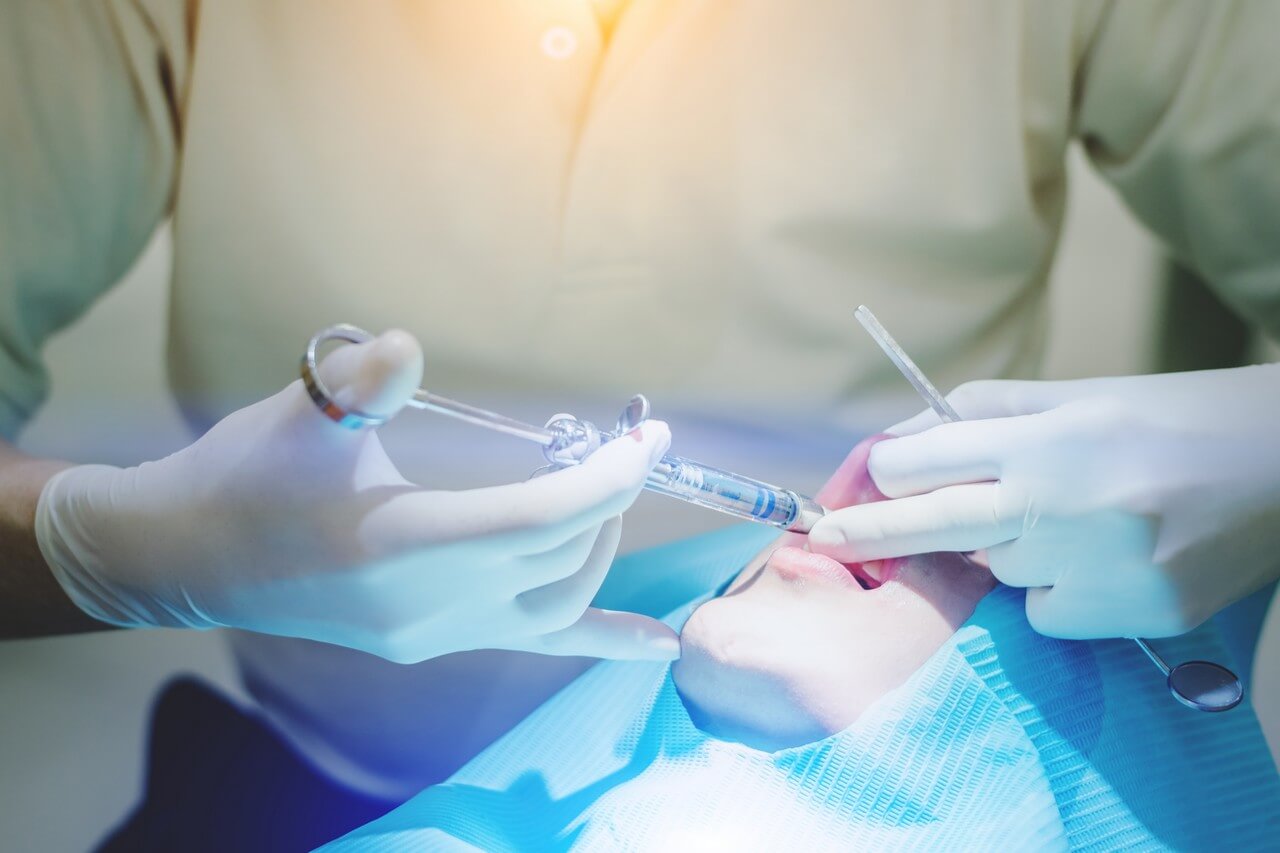
What you should know
Expected outcomes
Most nerve issues after wisdom teeth removal fade with time. Severe injuries are rare, but early checkups guide recovery options.
Risk check
Tools like X-rays and 3D scans help map tooth roots near nerves. Ask your surgeon about risks so you know what to expect.
Symptoms worth noticing
Lingering numbness, tingling, or taste changes can signal nerve involvement. If symptoms don’t improve, it’s smart to get evaluated.
Recovery timeline
Minor nerve injuries heal within weeks, while moderate cases may take months. Permanent damage is rare but requires follow-up.
Treatment approaches
Options range from medications and supplements to sensory therapy or, in rare cases, nerve repair surgery depending on injury severity.
Wisdom teeth removal
Untreated impacted teeth can cause infections or cysts. Extraction is safer long-term when recommended by your dentist.
Is nerve damage after tooth extraction permanent?
In many cases, it’s only temporary and resolves as the nerve regenerates. However, the outcome largely depends on the extent of the injury. Minor bruising or stretching of the nerve often improves within a few weeks to months, while more severe damage, such as a completely severed nerve, may result in permanent nerve injury.
Prompt evaluation by your oral surgeon can help determine the severity and suggest appropriate treatment. Diagnostic methods can be used to assess nerve involvement, which is particularly useful in oral and maxillofacial surgery planning.
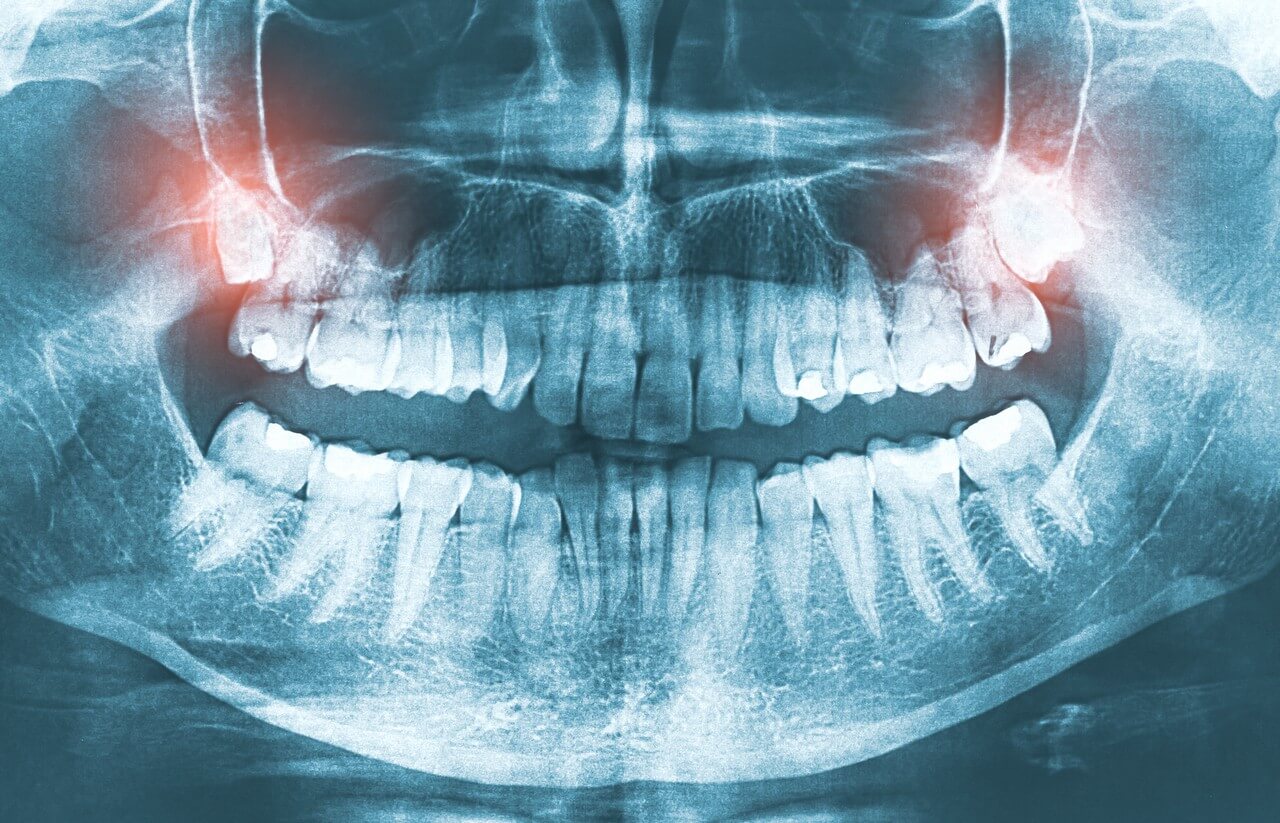
Can my oral surgeon tell if I’m at risk for nerve damage before the extraction?
Yes, an experienced oral surgeon will typically be able to assess your risk before the procedure. Today, the best practices rely on 3D guided extraction planning, digital nerve proximity analysis, and nerve canal visualization to avoid complications.
You’ll be closely examined using imaging, usually a panoramic X-ray or a 3D CT scan, to see how close your tooth roots are to the nerve canal. If the roots appear to be touching or wrapped around the nerve, that’s a sign of higher risk.
Your surgeon will also consider personal factors that increase the chances of nerve issues, things like deeply impacted or sideways-angled teeth, or being in your late 20s or older. If anything raises concern, they’ll talk through the risks with you beforehand. In some cases, they may recommend a more detailed 3D scan (CBCT) to get an exact view of where the nerve is.
All this prep helps the surgeon choose the safest approach and avoid nerve contact as much as possible. Of course, knowing what to ask your surgeon about nerve risk can help you feel more confident going into the procedure.
What can help prevent nerve damage during wisdom tooth removal?
There are a few important steps that oral surgeons take to reduce the risk of nerve damage in wisdom tooth extraction:
- Experience: Skilled surgeons use precise techniques and avoid putting pressure on the nerve, while studies show that nerve injuries are more common with less experienced practitioners.
- Coronectomy: If the tooth roots are very close to the nerve, the surgeon might suggest a coronectomy, a technique where only the crown of the tooth is removed, and the roots are left in place.
- Timing: Extracting wisdom teeth at a younger age, before the roots are fully developed, can make the procedure safer because the roots are usually shorter and farther from the nerve.

How long does dental nerve damage take to heal?
The timeline really depends on the type and extent of the nerve injury. While this complication is rare, it can still have a major impact on daily life and well-being. If you’re wondering how long it takes for feeling to return after wisdom teeth removal, here are some crucial facts to know.
What causes nerve damage after a wisdom tooth removal?
Nerve damage can occur due to various reasons:
- Complex root structures that intertwine with nearby nerves
- Surgical instruments accidentally injuring the nerve during extraction
- Deeply embedded or horizontally impacted wisdom teeth
- Inexperienced surgical technique
- Lack of advanced imaging before surgery
The two most at-risk nerves are:
- Inferior alveolar nerve (IAN) – responsible for sensation in the lower jaw.
- Lingual nerve – provides sensation and taste to the tongue.
While lower molars are usually the main concern for nerve injury, patients sometimes ask if upper wisdom teeth can cause nerve damage too. Although it’s much less common, issues may arise if the roots extend close to the sinus or nearby nerve pathways.
Dental nerve damage symptoms
Recognizing the symptoms of nerve damage after the extraction is crucial for timely intervention. The two nerves most at risk during lower wisdom tooth extractions are:
- The inferior alveolar nerve (IAN)
- The lingual nerve.
Symptoms of IAN nerve damage
The IAN runs through your lower jaw. If it’s affected, you might feel:
- Persistent numbness after wisdom teeth removal
- Tingling in your lower lip, chin, or the teeth on the side of the extraction
Symptoms of lingual nerve damage
The lingual nerve provides sensory input—and partly taste—to your tongue. If it’s impacted, you could experience a lack of sensation:
- On one side of your tongue
- On the floor of your mouth
In short, both types of nerve injury can cause unusual sensations. Food and drinks may taste or feel different, and you might need to be careful not to accidentally bite your lip or tongue if the area is still numb.
While these symptoms are often temporary, persisting issues may require further evaluation and management. Early identification of nerve damage symptoms allows for proactive measures to minimize long-term consequences and improve the chances of a full recovery.

Recovery and healing time
Recovery time can vary a lot from person to person, but the good news is that permanent nerve damage is rare. If the nerve was only bruised or slightly stretched, you may start to feel improvement within a few days or weeks. Most minor nerve injuries show significant healing within a month or two. For more moderate cases, like when the nerve was compressed, it can take longer, often around 3 to 6 months, for sensation to gradually return to normal or close to it.
Is numbness normal the day after wisdom teeth removal?
Yes, some lingering effects are expected in the days following the extraction, but they should gradually improve over time rather than stay exactly the same.
If you aren’t sure when to worry about persistent numbness, it’s usually when it lingers for weeks without improvement. You should also watch for other red-flag symptoms after wisdom tooth surgery, such as worsening tingling, pins and needles in the chin weeks after surgery.
Studies have found that lasting (persistent) numbness happens in well under 1% of cases. So, while a small number of people may have some residual numbness or altered sensation long-term, it’s rare for it to be 100% permanent or unchanging. Even if full sensation does not return, it’s often the case that the affected area reduces in size or intensity. Moreover, people tend to adapt – the brain can “tune out” a mild numb feeling over time.
However, if you’re still numb 2 months after wisdom teeth and wonder if it’s normal, keep in mind it often is, but it’s worth checking with your surgeon to rule out anything more serious.
Postoperative care and prevention strategies
Following the prescribed aftercare instructions provided by the oral surgeon or dentist is essential for a successful recovery. Beyond understanding the causes, symptoms, and recovery timelines, postoperative care plays a pivotal role in minimizing the risk of complications. Patients should adhere to guidelines such as:
- Avoiding vigorous rinsing
- Refraining from consuming hot or spicy foods
- Avoiding activities that could potentially irritate the surgical site
Moreover, maintaining proper oral hygiene through gentle brushing and avoiding tobacco contributes to a healthier healing environment.
How common is nerve damage after wisdom teeth removal?
Studies suggest that temporary disturbances may happen in about 2% of extractions, while permanent damage is even less frequent. While it’s perfectly normal for patients to wonder what percent of wisdom teeth removals cause nerve damage, the stats point to the procedure being very safe. By working with a qualified professional in oral and maxillofacial surgery, risks can be minimized and proper safeguards implemented during treatment planning.
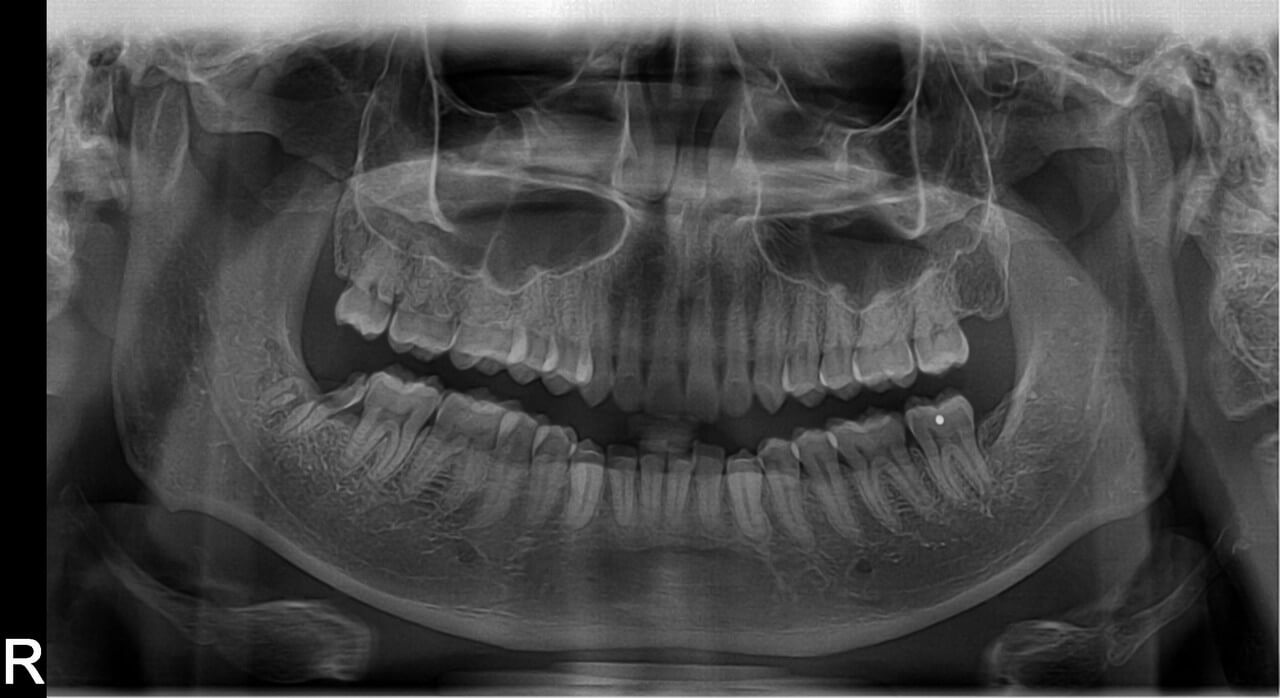
Will I know right away if a nerve was damaged?
You probably won’t know immediately if your nerve was damaged. Right after surgery, the area will still be numb from the local anesthesia, so it’s completely normal to feel nothing in your lip, chin, or tongue for several hours.
What really matters is what you feel after the anesthesia wears off—usually within 2 to 8 hours. If sensation starts returning during that window, that’s a good sign. But if parts of your lip, chin, or tongue are still numb or tingling the next day (24–48 hours later), that could be a sign of nerve involvement rather than just lingering numbness from the anesthetic.
Some people also notice a “pins and needles” feeling or tiny electric shock sensations in the tongue after extraction, this can be part of the healing process but may also indicate the nerve was irritated.
What should I do if I experience prolonged numbness or tingling after my wisdom teeth removal?
Don’t brush it off, get in touch with your oral surgeon or dentist as soon as possible. If you wake up the day after surgery and part of your lip, chin, or tongue still feels completely numb or has that “asleep” tingling sensation, it’s a good idea to contact your oral surgeon. Early attention makes a big difference.
Your surgeon may ask you to come in for a quick check-up. They’ll likely do a few simple tests, like gently touching different areas to see what you can and can’t feel—and assess how your healing is going. In most cases, they’ll recommend monitoring it, since many minor nerve injuries improve on their own over time. But documenting it early is still important.
Sometimes, your provider might suggest starting anti-inflammatory medications (like a short course of steroids) or recommend nerve repair microsurgery, sensory re-education therapy, gabapentin for dental nerve pain, steroid therapy for nerve inflammation, or a B-vitamin nerve support regimen to enhance recovery. Either way, the key is not to take a “wait and see” approach for too long. Also, knowing when to push for a scan or a second opinion for numbness can save time and give clarity.
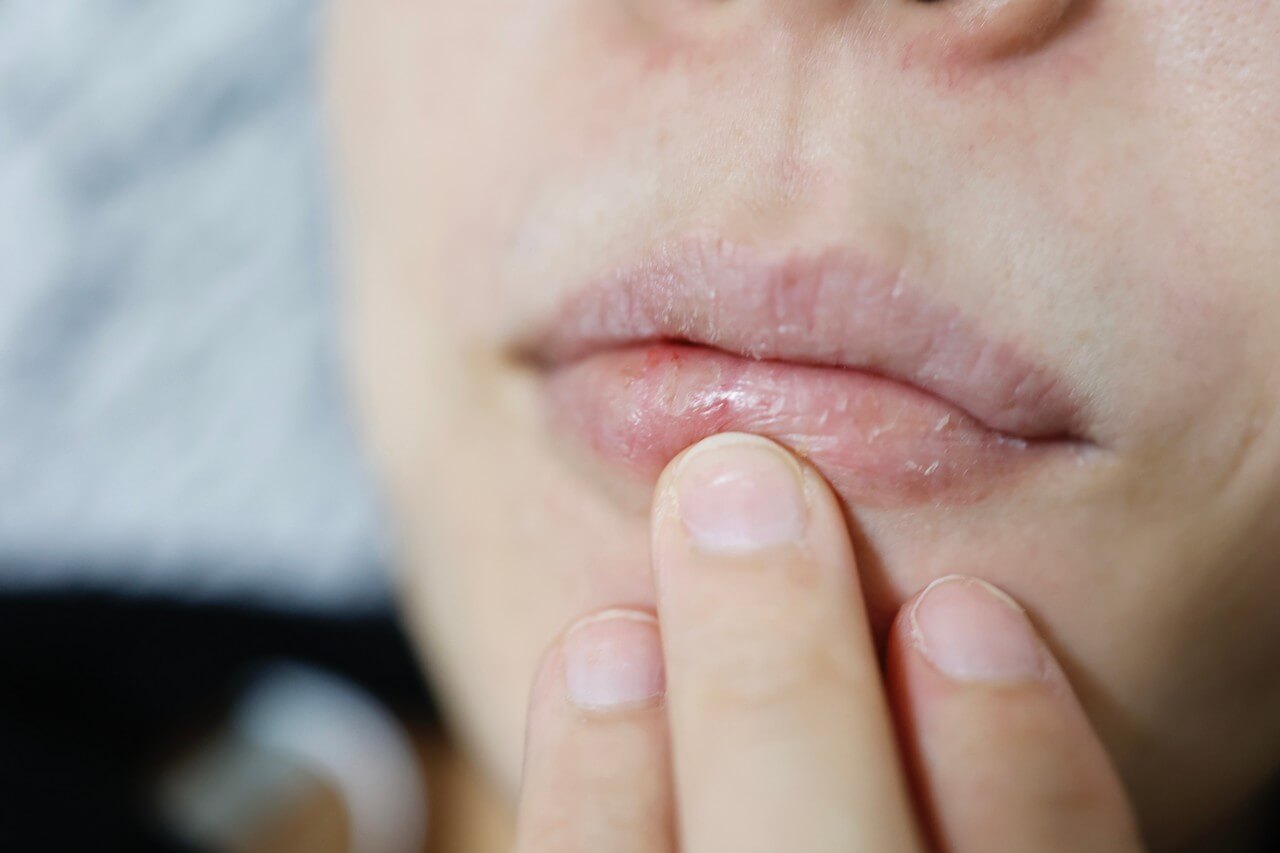
How do I know if I have permanent nerve damage after wisdom teeth removal?
Persistent symptoms lasting beyond 6 to 12 months after the procedure may suggest more lasting nerve impairment. These symptoms include:
- Constant numbness or tingling in the lower lip, chin, or tongue
- Lack of improvement over time
- Difficulty speaking or eating due to reduced muscle coordination
- A significant change in taste or complete taste loss
If you experience any of these, it’s crucial to return to your oral surgeon for a comprehensive evaluation.
How is nerve damage treated if it happens?
Treatment for nerve damage after wisdom tooth extraction depends on how severe the symptoms are, but most cases focus on helping the nerve heal naturally and keeping you comfortable in the meantime.
The first few days & weeks after extraction
Your oral surgeon will usually take a conservative approach. They’ll monitor your sensation closely and may recommend medications—like anti-inflammatories to reduce swelling around the nerve, or nerve-specific pain relievers (such as gabapentin) if you’re experiencing discomfort. These medications work differently than standard painkillers and can be more effective for nerve-related pain.
Some surgeons may also suggest light physical therapy or sensory exercises. For example, gently brushing the numb area with a soft toothbrush (as guided by a specialist) can help reawaken nerve pathways and encourage the brain to relearn normal sensations.
If symptoms persist
In rare situations, like when a piece of tooth or bone is pressing on the nerve, a surgical procedure might be considered. But this is very uncommon and typically only explored if there’s been no improvement after a long period.
Most people won’t need surgery. Regular follow-up visits allow your surgeon to track changes in sensation and adjust your care as needed. The good news? In most cases, nerves heal on their own over time with a bit of support and patience.
Many patients struggling with persistent symptoms wonder if anyone recovers from lingual nerve damage and what the timeline looks like—rest assured that many patients do recover, though improvement can take several months. The odds are definitely in your favor.
Your oral surgeon will only start to consider the injury potentially permanent if there’s little to no improvement after about a year. That said, most people experience at least some recovery in the months following surgery, and in many cases, the sensation returns completely.

Is it safer to just not remove my wisdom teeth at all?
In most cases, the risk of not removing problematic wisdom teeth is actually greater than the small risk of nerve injury from surgery. However, this question is common and valid. It’s smart to weigh the risks and benefits before making a decision.
Here’s why proceeding with the extraction is usually recommended regardless of the potential risks: wisdom teeth that don’t fully come in (impacted teeth) can lead to a number of serious issues. They can cause infections, damage nearby teeth, contribute to crowding, or even lead to cysts or tumors in the jaw. These complications can sometimes require more invasive surgery than a typical extraction, and may even pose a greater risk to nearby nerves or bone.
That said, if your wisdom teeth are fully erupted, healthy, and not causing any trouble, your dentist might recommend simply monitoring them with regular checkups. But if your dentist or oral surgeon suggests removal, because of impaction, decay, gum problems, or likely future issues, it’s usually because the long-term risks of leaving them in outweigh the short-term surgical risk.
The good news is that nerve damage from wisdom tooth extraction is uncommon, especially when handled by an experienced surgeon. With today’s advanced imaging and careful techniques, the risk is lower than ever.

Where can I get a safe impacted wisdom teeth removal in Escondido?
Whether you’re afraid of undergoing wisdom teeth extraction, you’re wondering about main reasons for emergency removal, or not sure how simple and surgical extraction differ, Temecula Dental Implants & Oral Surgery is the trusted team you can rely on. We’ll make sure you feel comfortable and safe every step of the way. No matter if you’re in Escondido or the surrounding areas, let us help you take charge of your oral health and enjoy a better quality of life.

